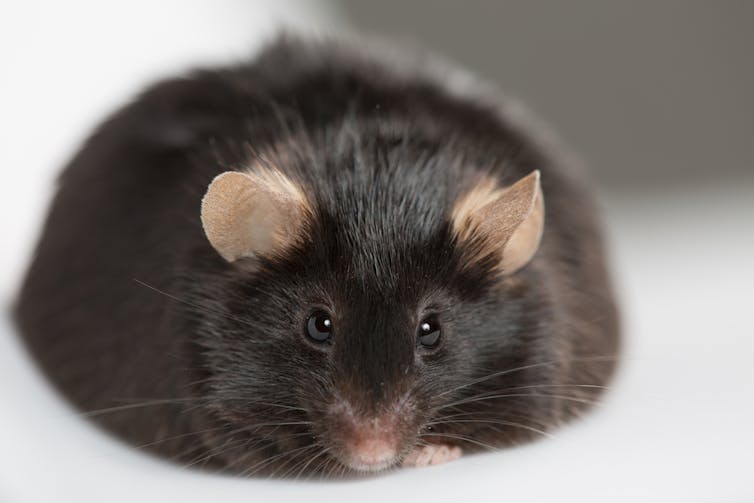Weight gain happens when we consume more food than we can burn, and weight loss happens when we burn more energy than we consume. But why do some people seem to eat whatever they want and not gain weight, and others appear to gain weight even if they eat reasonable amounts of food? The answer, at least in part, may be found in the bacteria that live in our guts.
Our latest research, published in the International Journal of Obesity, shows that people who have a stable weight over nine years or lose weight, have a larger number of different types of microbes in their guts, eat more fibre and have a higher abundance of certain types of gut microbes.
In the past decade, researchers have found that the microbes in our gut have a strong effect on various aspects of our health. Studies in mice have demonstrated that how the body converts food into energy depends in large part on the different types of microbes a person has in their gut and also on the kind of microbes they carry.
In a recent study, scientists in Israel found that mice who were put on a yo-yo diet slowly gained weight compared with mice on a steady diet – despite the fact that both groups received the same amount of calories overall.
One of the effects seen in the mice that were put on the yo-yo diet was a decrease in their gut microbiome diversity. Also, when they transplanted the microbes from the yo-yo dieters into the guts of non-yo-yo dieters, the mice on steady diets gained weight – showing that the altered microbes were the cause of the weight gain. But is this relevant to humans?
In humans, comparing microbes in the gut in probiotics and thin individuals, scientists have already shown that lean people have many more species of intestinal bacteria than probiotics people.

What twins taught us
Until now, however, there were no experiments tying the gut microbes to changes in weight over several years. For this reason, we decided to do an investigation into 1,632 women from the UK, all of them twins (about half of them identical). The participants had their body weight measured several years ago and, back then, they answered questions about the amounts and types of foods that they ate. We called them again nine years later and, in addition to measuring their weight, we asked them to give us a poo sample so we could analyse the bacteria in their gut.
We found that most of the women gained weight over the nine years, but this was not fully explained by the number of calories in their diet when the study began. Because they are twins, it was also possible to calculate (using the differences between identical and non-identical twins) how much of the weight gain can be explained by genes. Only 41% of the change in weight was explained by genes. That meant that there were other factors, in addition to genes and calories.
We discovered that women who ate high amounts of dietary fibre (found in fruit, vegetables and whole grains) were less likely to gain weight than those who ate little fibre, even if they consumed roughly the same amount of calories. Women who lost weight or had stable weight also had more diverse microbes in their guts. We were able to pinpoint some of the microbes that are different between women who had gained weight and those who had lost weight. Most of these microbes had already been discovered in mice to be involved in better energy metabolism.
These results show that exciting studies in mice about how microbes affect weight gain are also relevant in humans. They are also important because they will allow our group, and other scientists, to investigate how to influence a person’s gut microbes – using probiotics and fibre – so they are at a lower risk of developing obesity.
Ana Valdes, Associate Professor and Reader, University of Nottingham
This article was originally published on The Conversation. Read the original article.




